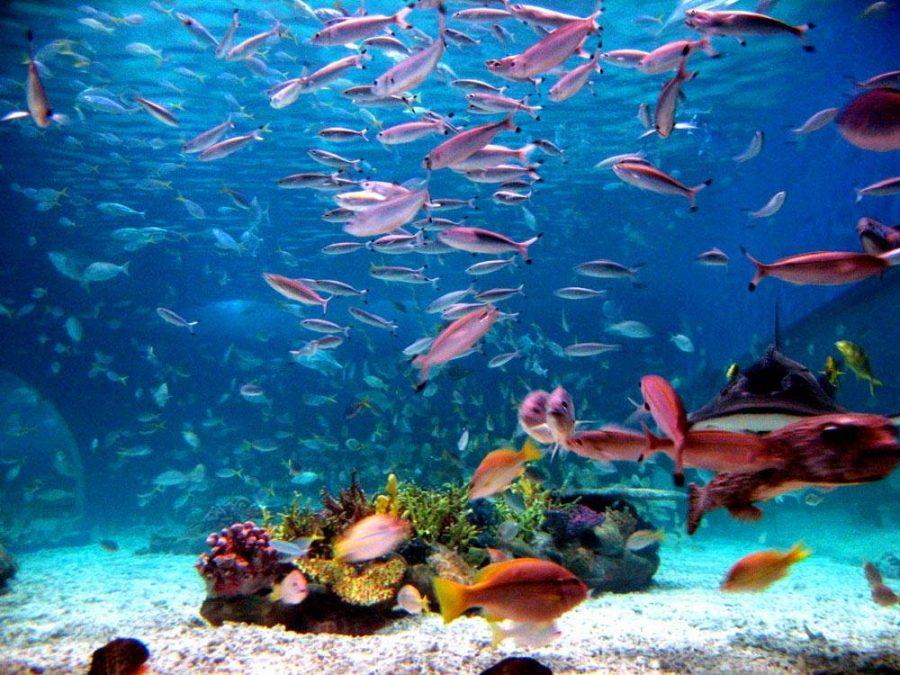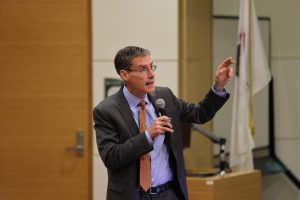“This is one of the most important environmental issues of our time.”
Our Ocean Conference 2016
September 14, 2016
The infamous BP oil spill of April 2010 dumped millions of barrels of oil into the Gulf of Mexico. The coasts of our southernmost states are still facing its detrimental effects to this day and environmentalists argue that this single oil spill will have a lasting impact on the region’s marine life. Thirty percent of the total estimated amount of oil spilled is unaccounted for, which leads some scientists to believe it is still lingering towards the bottom of the ocean, continually harming everything in its path.
Secretary of State John Kerry will be hosting the 2016 Our Oceans Conference in Washington D.C. on Sept. 15 and 16 to reinforce the fight against the multitude of threats our oceans face. The conference will offer leaders around the world to take note of the progress that has been made as well as what other initiatives the State Department will put forth into motion. U.S. Assistant Secretary of State Judith Garber reached out to share some details on the upcoming conference about what the nation can expect to see.
“The challenges that our oceans are facing go across all boundaries,” Garber said. “It’s clear that we need to come up with global solutions and that is exactly why Secretary Kerry first initiated the Our Oceans Conference.”
At the conference, the United States, along with other attendees will be announcing a number of new initiatives and techniques to further protect the ocean. A myriad of internationally recognized speakers will be will be touching on topics ranging from plastic waste, ocean science and infrastructure, climate change, threats to marine life and nutrient pollution.
Nutrient pollution, or high levels of nitrogen and phosphorus in water, affects every single state in the United States. An excess of nutrient pollution leads to unsafe water for swimming, fishing, and drinking. It is currently one of the nation’s leading issues with water quality and is mainly caused from agricultural waste such as animal manure and excess fertilizer.
Kerry first launched the Our Oceans Conference in 2014, which took place in Washington DC and the following year in Chile. The event has since accumulated over $4 billion from donors and sponsors. The conference will be available for anyone to watch via live stream at ourocean2016.org/#event.



















